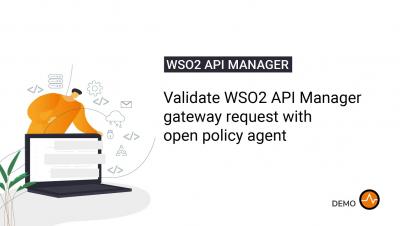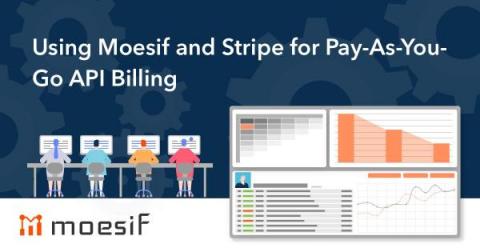Systems | Development | Analytics | API | Testing
Development
API Security: Tips and Practices to Keep Your System Safe
Supply Chains and Gas Prices: Mitigating Risk With Technology
As gas prices soar due to restrictions on both domestic oil and imports from oil-producing countries, we’ve shifted our collective focus to the energy sector. It’s increasingly apparent that the global oil and natural gas supply chain sits in a delicate balance—supply chain disruptions in one country can affect gas and oil prices around the world. If a top oil-producing nation ramps down natural gas production or distribution, additional supply must come from another nation.
How to Resolve the NoClassDefFoundError in Java
The NoClassDefFoundError is a runtime error in Java that occurs if the Java Virtual Machine (JVM) or a ClassLoader instance attempts to load the definition of a class that could not be found. The class definition exists at compile-time but is not available at runtime.
What is a Java Stack Trace? How to Read & Analyze Traces
A Java stack trace is displayed when an error or exception occurs. The stack trace, also called a backtrace, consists of a collection of stack records, which store an application's movement during its execution. The stack trace includes information about program subroutines and can be used to debug or troubleshoot and is often used to create log files. These exceptions could be custom (defined by the user) or built-in.
What Is Feature Flagging? Feature Flag Best Practices
On-premise vs. cloud-based mobile testing tools
In this article, we’ve broken down the pros and cons of on-premise vs. cloud-based mobile testing, so you can be confident about your next steps in choosing an approach for your team and project.
Hidden Gems: ActiveRecord Store
PostgreSQL and MySQL are great for structuring data using relationships, but what if you don't always know the structure up-front? That's where `ActiveRecord::Store` really shines. It's like NoSQL, without changing databases.
Using Moesif and Stripe for Pay-As-You-Go API Billing
Offering customers a variety of ways to pay for your product allows for flexibility and ease. In general, there are two ways for customers to pay for usage: Post-paid and pre-paid. Pre-paid is sometimes also referred to as PAYG, or Pay-As-You-Go. Post-paid usage can sometimes lead customers to have billing surprises if they are not tracking their usage closely. This can cause headaches for these users and can also cause issues for the service provider.
How to build a better finance app: advice from a Principal Engineer at NatWest bank
Adam Law shares some practices and processes that his team uses to ensure that their finance app continues to serve the customer in the best possible way. We’re sharing them with you in the hopes that you pick up something new for your team!











